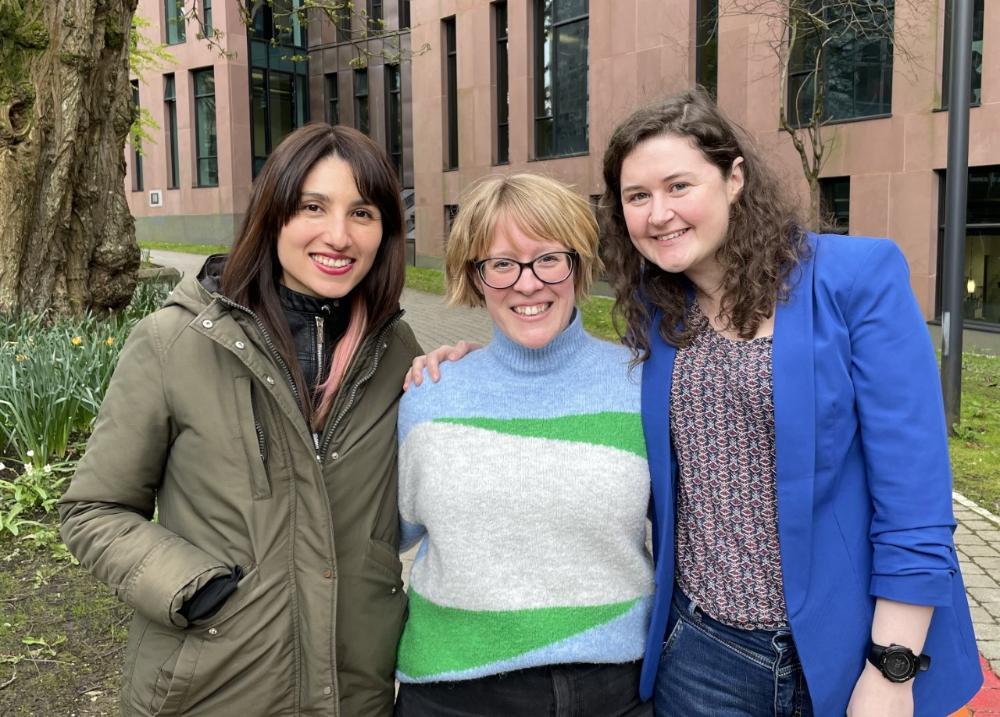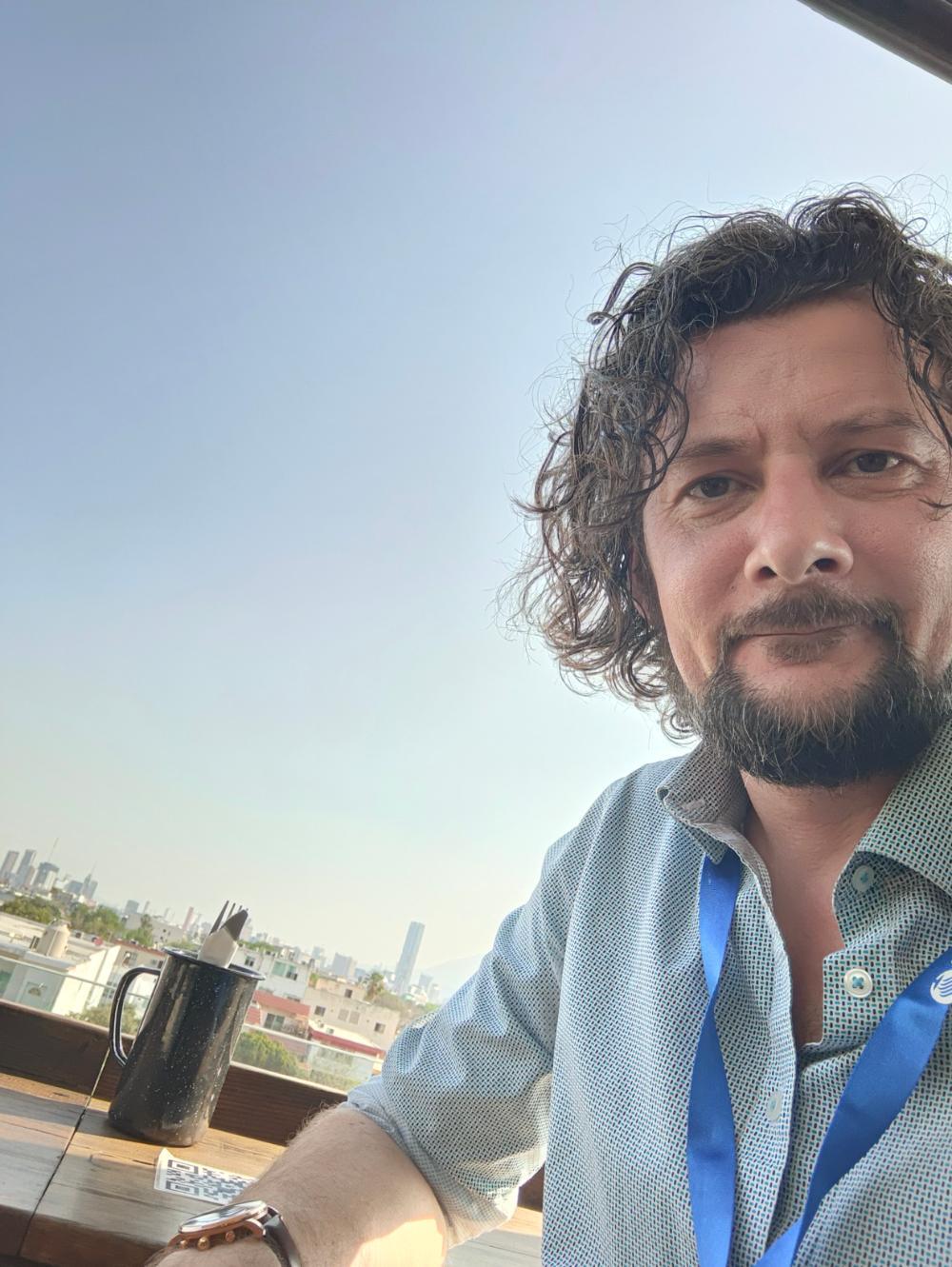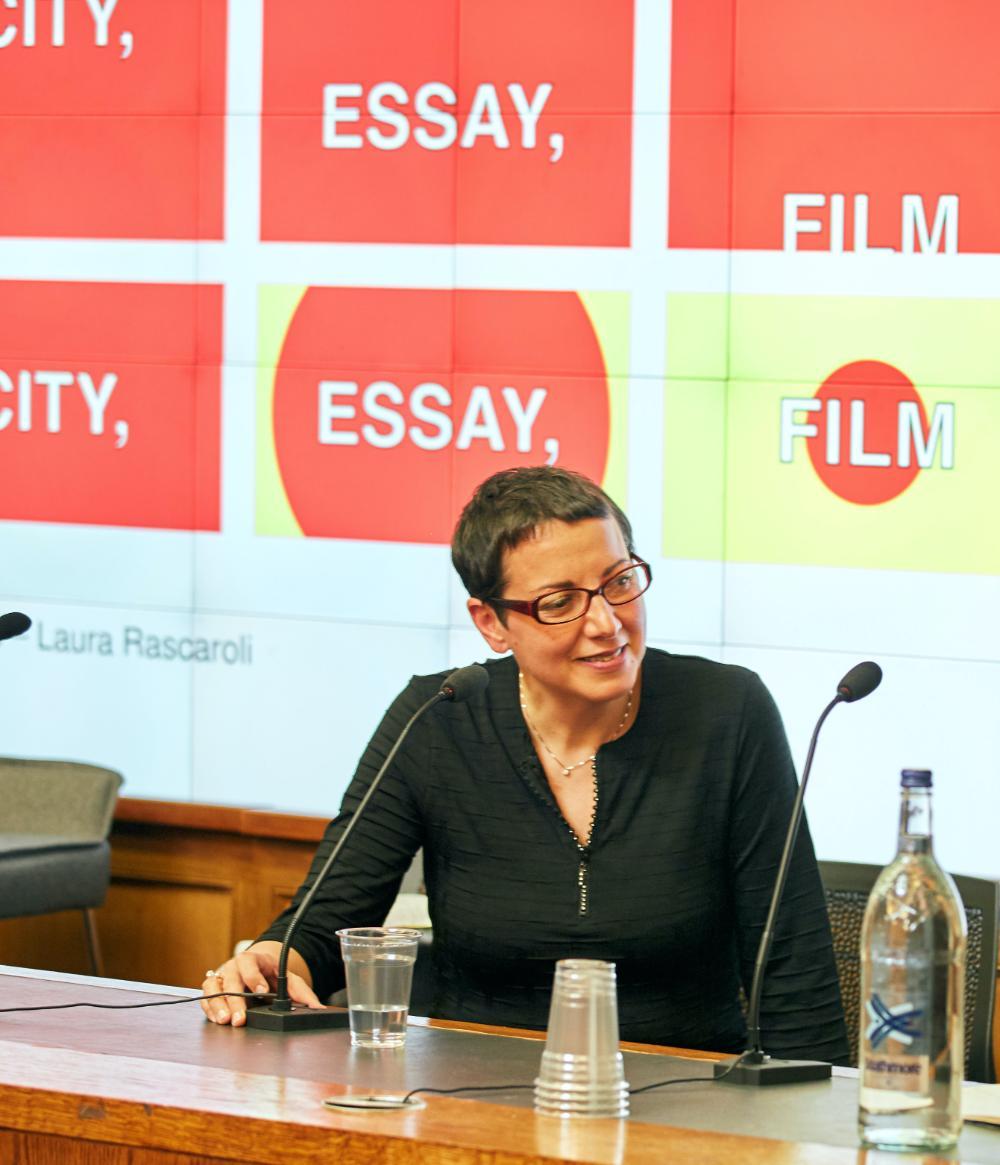- Academic Posts
- Radical Humanities Laboratory
- Humanities Research Clusters
- Research Centres and Projects
- The Centre for Advanced Studies in Languages and Cultures (CASiLaC)
- The Cork Folklore Project
- The Irish National Institute for Historical Research
- CELT
- CIPHER (ERC CoG)
- The Centre for Arts Research and Practice (CARPE)
- ECura (ERC StG)
- Irish Centre for Galician Studies
- Locus Project
- MIGMOBS (ERC AdG)
- The Irish Institute of Korean Studies
- The Seminar for Ancient and Medieval Studies (SAMS)
- News and Events
- Inaugural Lecture Series
- Past Events
- Celebrating Funding Awards for Medieval Research Projects
- Funding Calls
FHI Seed-funded Projects
Future Humanities Institute Showcase of Trailblazing Seed - Funded Research Jan 10 2024
Future Humanities Institute Research Showcase
PI: Dr Hannah Silvester
Trans/Actions: Translation as Activism
In our globalised world, there is an increasing need for translation within and across cultures to better understand and support the needs and actions of different groups. Purposeful acts of translation can be actions of solidarity or activism, with someone choosing to foreground formats/words/ideas that highlight inequalities that have been created through socio-political structures. The translator activist has the double duty of raising awareness around societal inequalities and conveying this in an appropriate method in the target culture. The physical and economic precarity that emerges in such situations merits further exploration.
Considering the intersections of activism and translation, understood in their broadest sense, from a theoretical and practical perspective, this project seeks to create a ‘Community of Practice’ (Wenger 1998) on translation as activism that works for its members, creating a space for creative learning and doing. It starts with a series of hybrid events to facilitate co-research with translators, creative practitioners, activists, academics, and community groups (recognising that many individuals will ascribe to more than one of these groups). Ultimately, the goal is for the sessions to be led by the community of practice. However, to constitute the group and launch early conversations, the first sessions will be driven by the principles of engaged research. We will establish Terms of Reference that guide the community of practice, identifying forms of support that can be offered within the community of practice and will consider ideas of precarity/flexibility in working conditions and the emotional toll that comes with translation as activism.

Photo from left to right: Elizabeth Rosales Martínez, Hannah Silvester, Céire Broderick.
PI: Dr Jools Gilson
Tempestries: Textiles, Tactility & the Climate Emergency
Tempestries is an inter and transdisciplinary Artistic Research project focused on the development of generative creative practices which interweave Choreography / Somatics, Environmental Science, Smart Textiles (textiles with integrated technologies), Archaeology, Creative Writing and Performance. Tempestries is focussed on the ways movement and textiles shape a sense of place within an Irish context. Its spliced science and speculative history are anchored in the story of a 7th Century bog skeleton and her textiles found on Cloonshannagh Bog in Co. Roscommon in 2005.
This FHI application is specifically focussed on the development of prototype smart textiles in collaboration with the Wearable Technology Lab, Tyndall International Institute and the Sound / Media Artist Benjamin Burns.

PI: Dr James Cuffe
Conversing the Void: The Humanities and the Conversation Engine
This theoretically and methodologically innovative project examines the impact of Large Language Models (LLM) such as ChatGPT within defined social frames. The project takes an open stance in examining a participatory relationship with such language processors through 3 inquiries and then further explores this relationship in terms of normative tradition and speculative futures. The aim is to develop a growing cross-disciplinary international network that can outline how such platforms might evolve and how humans might collectively engage with such platforms in the future. Through this deeper understanding, our research network will contribute, through the Future Humanities Institute at UCC, to better informed responses on the upcoming technological, social and cultural challenges, both locally and globally, as LLM integrates with society. This collaborative project will integrate a multitude of interdisciplinary perspectives, drawing upon Digital Humanities, Anthropology, Human-Computer Interaction, Design Studies, Political Science, and Data Science covering 3 continents- Canada, Mexico, Ireland, Romania and Germany. The network will initially be formed through collaborative research following these questions:
1) how will the increased accessibility of Large Language Models impact future academic pedagogy?
2) how do Large Language Models affect public discourse?
3) what does the emerging social ecology for these language models look like?
A workshop will be held to discuss our pedagogical experiments and to open the network to other scholars. A final presentation to the Future Humanities merging academic dissemination with LLM ‘performance’.

PI: Prof. Laura Rascaroli
Essaying Democracy in Europe
The project is an exploration of what it claims is the renewed importance of the essay for democracy – indeed, for the future of democracy − in Europe. It argues that the essay form, which refuses thought’s reduction to what Theodor Adorno referred to as instrumental rationality, can be a mode of anti-systematic resistance, and as such is increasingly relevant in this age of growing disaffection from political participation, technocracy, social polarisation, re-emergence of censorship and authoritarian stances, disaggregation, war, and perceived citizen powerlessness before momentous societal and environmental challenges. In all of these respects, the essay is to be conceived of as a space of deliberation in support of sustainable democratic institutions (to follow Jürgen Habermas).
In an era in which new digital technologies produce a subjectivity largely disconnected from history, disallowing the generation of critical knowledge of the subject in their historical becoming, as well as the transformative encounter with alterity, the essay form is an obstinate conduit for a slow form of thought that applies itself to rethinking the complexity of the world and its relationship to contemporary subjectivity. While characteristically an oblique and occasional activity, essayistic production has been expanding exponentially and adapting to new media, emerging as a diffuse but pervasive space of deliberation, and over the past twenty years has become a crucial form of expression, from film to installation, multi-media performance, immersive environments, the Internet, and social media, among others. This project argues that the essay, with its heretical attitude towards generic rules, its protean quality, its historically positioned subject, and its dialogical structure and mode of address, holds a formidable democratic potential as a tool for both a subjective and collective critical engagement with complexity, and for the expression of alternative points of view.

